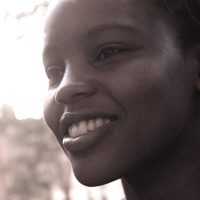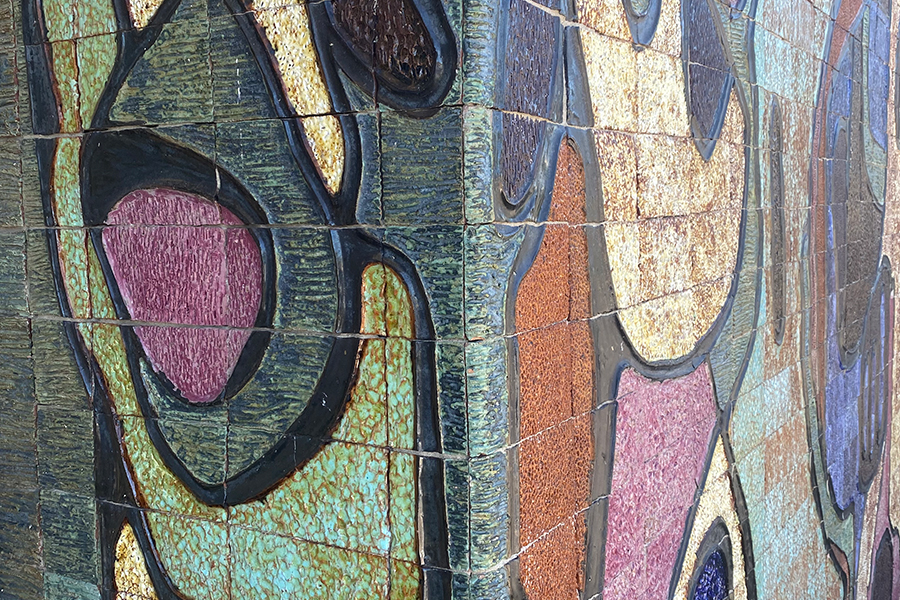
Tiisetso Dladla
New Archival Visions Fellow, Phd
Tiisetso Dladla is a lecturer of Immersive Media at the University of Witwatersrand Film and Television department. She is currently pursuing a PhD in Visual History at the University of The Western Cape, as a recipient of the New Archival Visions Fellowship. The title of her research is Immersive Time Capsule: Documenting and Preserving Historical Archives Through Virtual Reality and Augmented Reality Technologies.
She received a Bachelor of Arts degree in Journalism from Howard University in Washington DC and holds a Masters of Fine Arts degree in film production from New York University, Tisch School of The Arts. Tiisetso is a filmmaker and painter. She has written and directed several short films including: Unveil, Coach Fogan’s Swimming Class, In Dreams, Exiled, Cold War and Nehemiah. In 2011, Tiisetso was a recipient of the Spike Lee Production Fund Award for her short film, Nehemiah. She also received the Hollywood Foreign Press Association grant for Nehemiah. Nehemiah is a family fantasy/drama story told from the perspective of an autistic teenager. Nehemiah was nominated for best short film at the Pan African Film festival in Los Angeles. World-renowned film director, Spike Lee, has mentored Tiisetso in filmmaking. She has worked with him on several of his films including: Red Hook Summer; Mike Tyson: The Undisputed Truth; Da Sweet Blood of Jesus; and The Do The Right Thing 25th Anniversary Documentary. Tiisetso Dladla Wright painted two original oil paintings that have been prominently featured in Spike Lee’s independent films: Red Hook Summer and Da Sweet Blood of Jesus.


